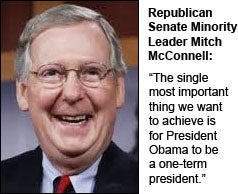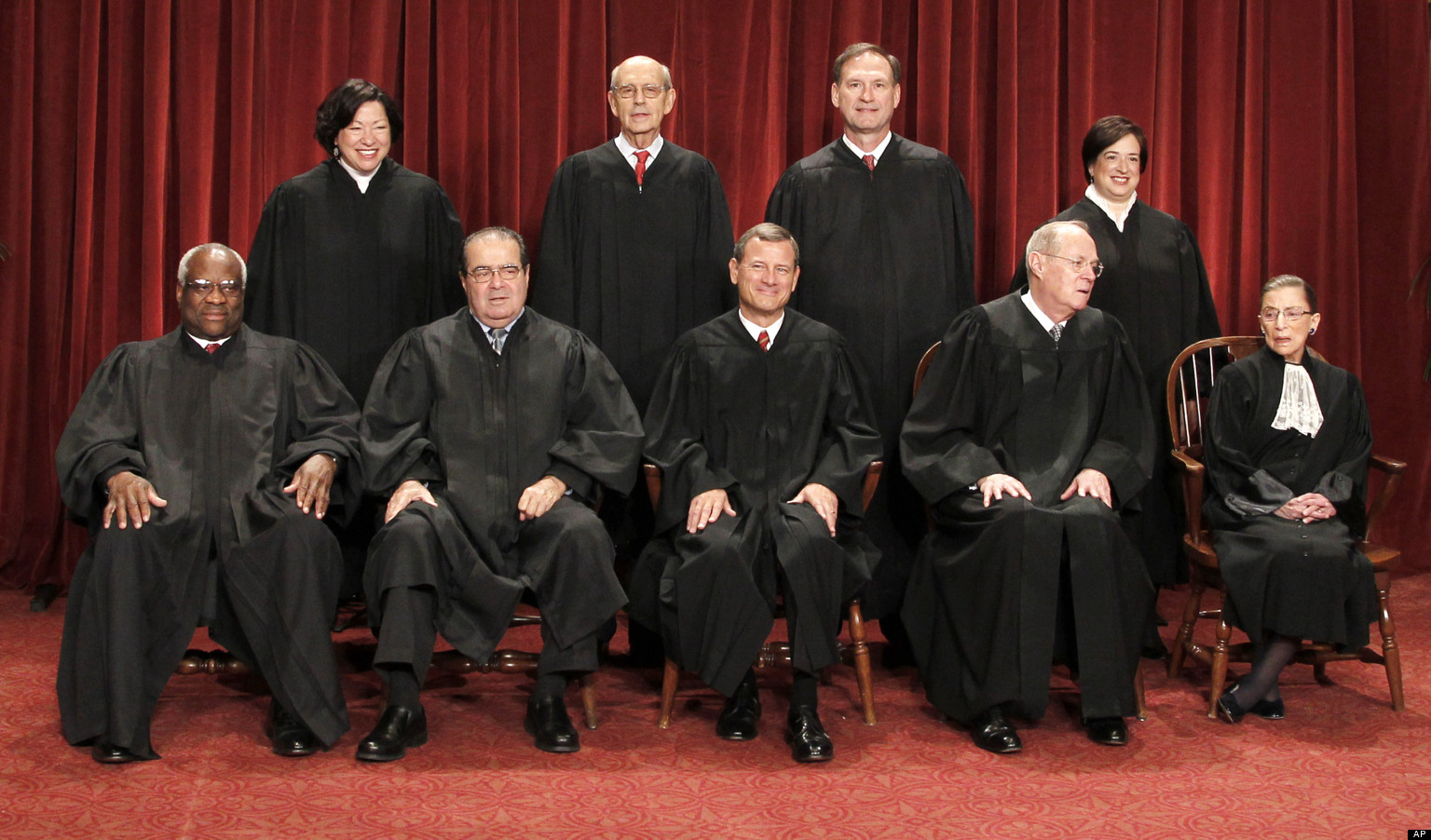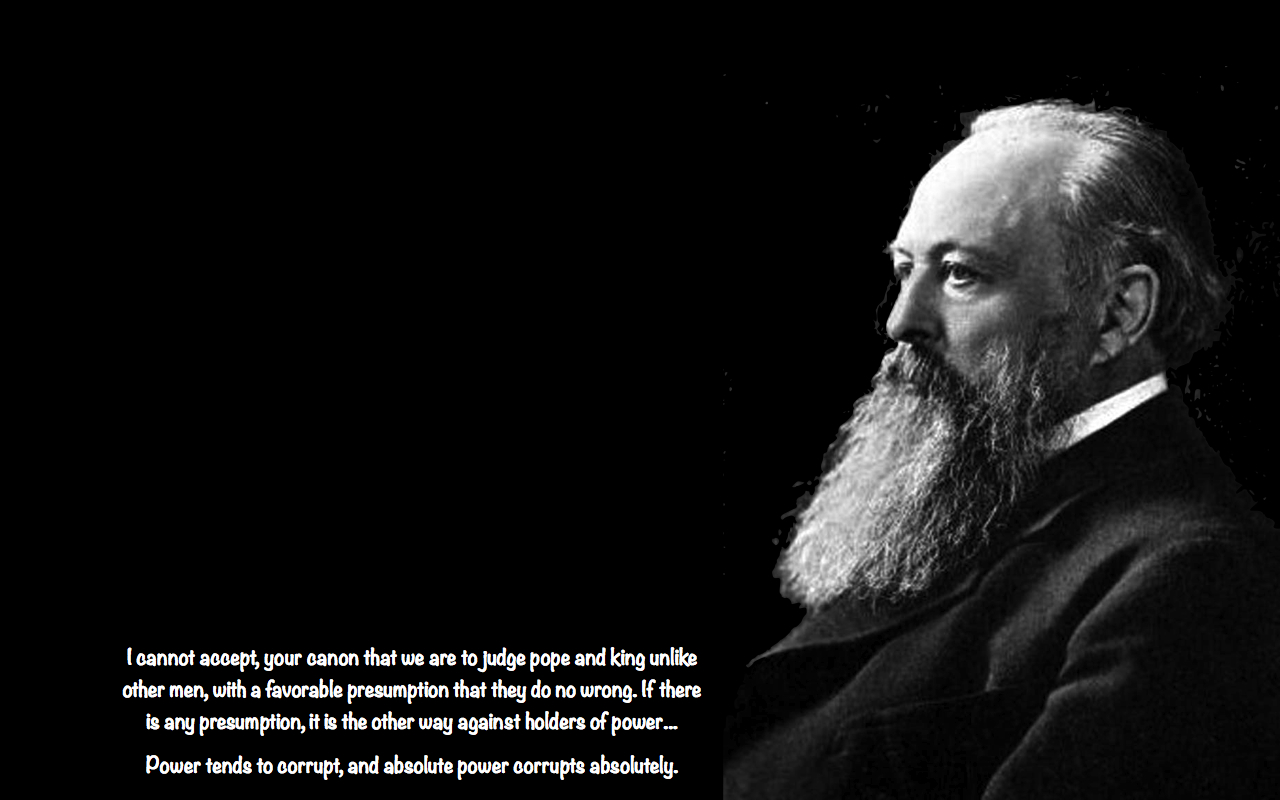Drone sightings at college football stadiums are becoming increasingly common, and the FAA is cracking down on rogue drone operators. (Thomas Johnson/The Washington Post)
Along with huge crowds and tailgating parties, football stadiums across the country are becoming magnets for something else on game day: rogue drones.
The Federal Aviation Administration is investigating a rash of incidents this fall in which thrill-seekers with small, camera-toting drones have violated airspace restrictions by swooping over large outdoor sporting events. The problem has become most common at football games, with at least a half-dozen drone sightings reported at major college and NFL contests since August.
“It’s an absolute safety concern,” said Marc Lovicott, a campus police spokesman at the University of Wisconsin-Madison, where a white quadcopter swooped into 80,000-seat Camp Randall Stadium and buzzed over the student section during an Oct. 11 game against Illinois. “You never know what might be carried along with something like that.”
Rapid advances in technology have made remote-control aircraft cheap and easy to fly. Some models cost less than $500, fit in a backpack and yet can soar higher than 1,000 feet. More than a few sports fans are using them as a miniature version of the Goodyear blimp to film games and post the videos on the Internet.
FAA officials and aviation safety experts say the small drones pose a serious hazard in crowded areas and are an accident waiting to happen near packed stadiums, especially in the hands of untrained amateurs.

Before kickoff of the Kansas University football game against Texas, an unauthorized drone helicopter with a camera attached was seen flying over Memorial Stadium on Saturday, Sept. 27, 2014. (Nick Krug/Lawrence Journal-World)
Although many popular models have a wingspan of less than four feet, some zoom up to 50 mph. The whirring blades can be lethal. A 19-year-old man was killed last year in a city park in Brooklyn when he lost control of his drone helicopter and it sliced off the top of his head.
In addition to intruding on sports stadiums, people who fly the remote-control aircraft for fun are causing problems near airports by flying dangerously close to passenger planes,according to several recent cases reported to the FAA.
In a public notice issued Oct. 27, the FAA updated a long-standing ban on airplane flights over open-air stadiums with 30,000 or more spectators by extending the prohibition to “unmanned aircraft and remote controlled aircraft.”
The notice stated that violators could be fined and imprisoned for up to a year, the first time the agency has explicitly stated that reckless drone pilots could wind up behind bars. FAA spokeswoman Laura Brown called the notice “a clarification” of existing rules, but declined to comment further.
The FAA did not respond to requests from The Washington Post for information on exactly how many investigations it has conducted into errant drones over stadiums in recent months.
The agency posted its public warning last month after a string of news reports about drones disrupting sporting events, including a tennis match at the U.S. Open in New York and an NFL preseason game in Charlotte. The FAA also received a complaint about a drone over one of the country’s leading rodeos: the Cheyenne Frontier Days in Wyoming.
Similar stunts have occurred overseas. A spectator riot erupted in the Balkans on Oct. 14 when a drone carrying an Albanian nationalist banner flew over the field during a soccer game between Serbia and Albania.Unauthorized drones have also hovered over several professional matches in England.
KXAN's cameras spotted a drone flying above Darrell K. Royal - Texas Memorial Stadium during the University of Texas' home opener. (KXAN)
In the United States, college football has become the leading sports attraction for outlaw drone pilots.
A University of Texas at Austin student was detained and questioned on Aug. 30 after he was caught flying a drone into Royal-Texas Memorial Stadium, jammed with 93,000 fans for the Longhorns’ season opener. Prosecutors are still deliberating whether to file charges, said Bob Harkins, associate vice president for campus safety and security.
“It was flying over the crowd in the stadium, so great concern was generated there,” Harkins said. “If the thing had lost control, it would have caused injury to people.”
One day after the Texas incident, a small drone buzzed around Neyland Stadium in Knoxville, Tenn., for the Tennessee Volunteers’ season opener. With more than 102,000 fans on hand, “it was a pretty amazing scene,” said Jimmy Stanton, senior associate athletics director for the school.
“Our guys spotted [the drone] immediately and took it down,” Stanton added. The culprit was a freelance videographer. He was not charged, but the university revoked his media credentials.
The surge of remote-controlled aircraft at athletic events comes as the FAA is struggling to regulate the fast-growing civilian drone industry.
In 2012, Congress passed a law ordering the FAA to open up the nation’s skies to drones of all sizes — but without compromising safety standards. The agency has moved slowly to develop new regulations but has not kept pace with the proliferation of inexpensive drones.
Under current policy, recreationists can operate drones as long as they are kept below 400 feet and away from airports. Flying drones for commercial purposes is largely prohibited for now, although the FAA recently issued exemptions for Hollywood filmmakers and is planning to gradually lift other barriers.
That’s led to confusion over what is permissible. Under FAA rules, it is forbidden to fly drones below 3,000 feet and within three miles of baseball or football stadiums with a seating capacity of at least 30,000. The restrictions only apply on game day, starting one hour before a contest and lasting until an hour after it ends.
The rule does not apply to small-college or high-school teams, though some schools have reported receiving letters from the FAA inquiring about their use of drones. It’s theoretically permissible for sports teams to use drones to film their own practices as long as it isn’t done for commercial gain — a blurry line. The FAA, for example, ordered the Washington Nationals in February to stop filming their spring-training workouts with a drone because the footage was used to promote the team.
At the University of Louisville, the athletic department has acquired three small drones to film practices and fan events. It posts the videos on Facebook and YouTube.
Sports fans love the aerial photography, even if the drones themselves sometimes breed suspicion, said Nick Stover, the athletic department’s director of social media. “There’s a pretty big stigma,” he said. People will “joke around and literally ask me if I have guns attached to these. They just sort of assume the worst.”
Stover said the school contacted the FAA to ensure it wasn’t violating any rules. He said the FAA responded that “it was really free for us to do what we wanted, but they cautioned us about flying over stadiums.”
Stover acknowledged, however, that Louisville was using drone footage to attract sponsors “to help monetize social media.” Such a practice could run afoul of the FAA’s commercial-drone ban.
“I want to follow the rules and do everything correctly,” he said. “But the commercial purposes is just a really gray area.”
Other drone aficionados accused the FAA of overreacting.
At the University of Michigan, the aerospace engineering department had planned a celebration for its 100th anniversary. Vintage aircraft were lined up to fly over Michigan Stadium, capacity 109,901, during halftime of the Sept. 20 football game against Utah. Approval was obtained in advance from the FAA.
But when the FAA learned a few days before the game that Michigan’s engineers were also preparing to deliver the game ball with a small quadrotor drone, agency officials went ballistic and threatened to sue, said Ella M. Atkins, an associate professor in the aerospace engineering department.
Atkins said the planned drone flight posed no risk. The quadrotor would have emerged from a tunnel inside the stadium and not risen more than 13 feet above the ground, far below the grandstands.
Backup systems and a kill switch would have dropped the drone immediately if it had deviated from its flight path. Extensive testing had already been conducted by the aerospace engineering department.
“There were no aerobatics or flying over football players’ heads — it was over an empty field,” Atkins said. “There are any number of passed or punted footballs that would have gone far higher than the drone would have gone.”
In a last-ditch attempt to preserve the celebration, Michigan engineers tried to appease the FAA by offering to tether the drone to the ground while carrying the football. But the agency was unmoved, Atkins said, infuriating her and her colleagues. “I don’t see any rational argument for what they did.”
In a statement, the FAA said public entities like Michigan are generally required to apply for a certificate if they want to fly drones, a detailed process that officials said the university did not follow.
Craig Whitlock covers the Pentagon and national security. He has reported for The Washington Post since 1998.





























